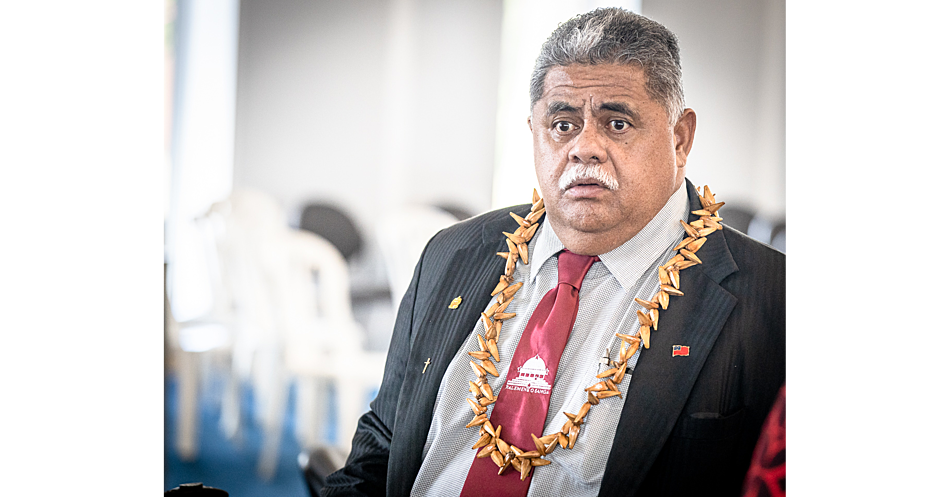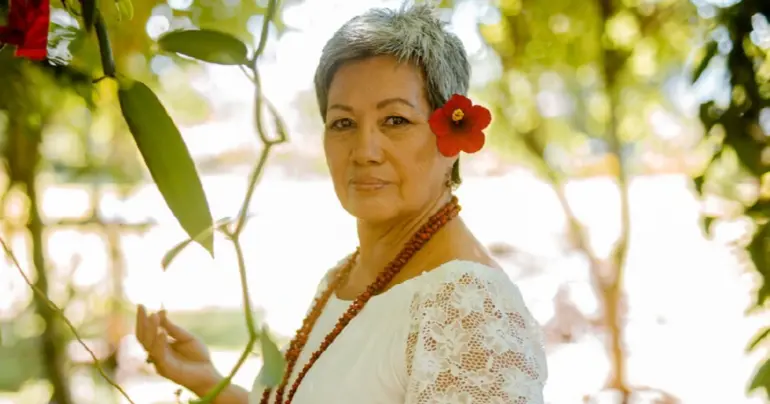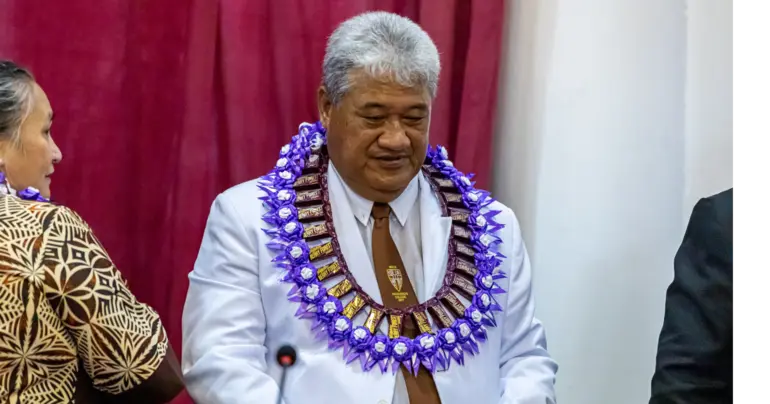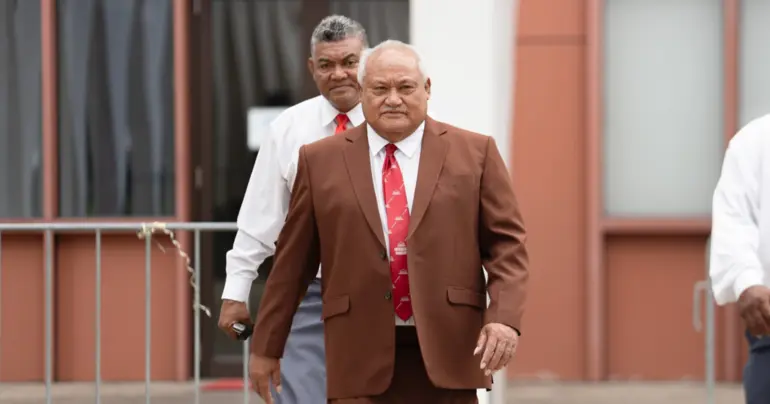Violent discipline on the rise
A UNICEF survey shows that 91 per cent of children in Samoa have experienced violent discipline.
The Multiple Indicator Cluster Survey showed a staggering number of Pacific children, some as young as five, experience abuse, neglect, and mental health challenges both in and out of school.
UNICEF has suggested that strengthening child protection mechanisms in schools will enhance the capacity to manage risks to children, ensuring their safety and well-being wherever they may be affected.
Representatives from the education systems of 11 Pacific Island countries came together for a two-day Regional Conference on Counselling and Child Protection Policy in Schools last month. They collaborated and shared resources to address gaps and to overcome challenges in prioritising a safe, protected school environment.
They focused on creating quality, inclusive and accessible child protection policies, ensuring these translate into concrete actions within school communities.
Rates of violence against children in the Pacific remain among the highest in the world and were evidenced in all the countries in the region where the Multiple Indicator Cluster Survey and other research projects have been conducted so far. In Fiji and Nauru, 81 per cent of children aged between 1-14 years have experienced violent discipline, while the number increases to 91 per cent in Samoa.
“With high rates of violence and abuse in the region, safe schools with quality counselling and strong child protection systems are critical,” said UNICEF Pacific Representative, Jonathan Veitch.
“Urgent action is needed to strengthen support systems and ensure that every child receives the protection and care they deserve within the school environment.”
The 11 Pacific Island Countries participating in the conference included Fiji, Nauru, Kiribati, Samoa, Solomon Islands, Tonga, Tuvalu, Vanuatu, the Republic of Marshall Islands, Federated States of Micronesia, and Palau.
This regional conference was part of UNICEF's contribution to the PacREF partnership, which is funded through support from the Global Partnership for Education, the Government of New Zealand, and the Asian Development Bank.
MICS is an international household survey programme developed and supported by UNICEF, designed to collect estimates of key indicators that are used to assess the situation of a country’s population, particularly children and women.
It is the largest source of statistically sound and internationally comparable data on children worldwide and covers the largest number of Sustainable Development Goal indicators (40 out of 80) that can be sourced from household surveys.
Over the past 75 years, UNICEF has played a leading role in highlighting progress as well as inequities in the realisation of children’s rights through these MICS surveys. Since its inception, more than 400 MICS surveys have been implemented in 120 countries globally, including 8 here in the Pacific region.











